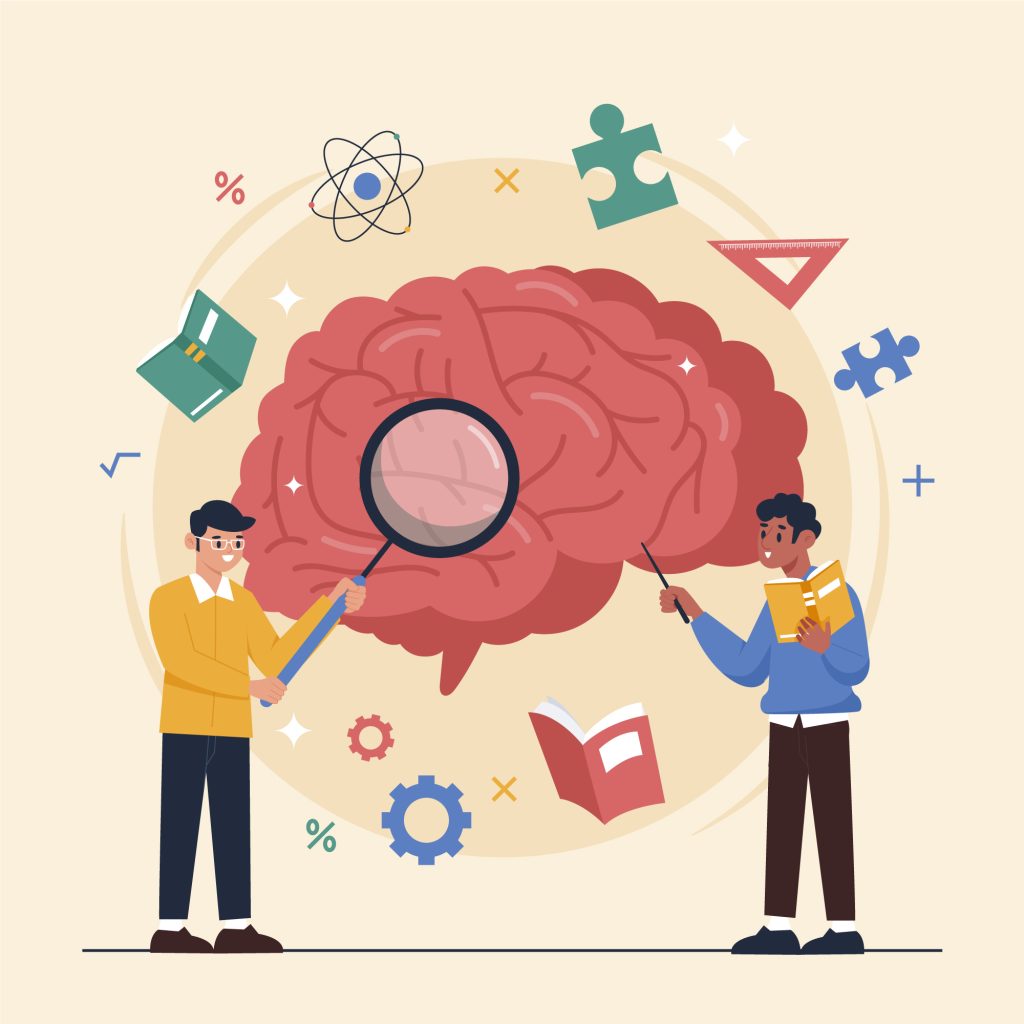In a world marked by constant pings, multitasking, and digital noise, sustained attention has become rare—and important. No surprise then that mental fitness is booming: people are actively learning how to train your brain for long-term focus. This emerging wellness trend spans neuroscience, lifestyle habits, and digital tools—all aimed at rewiring our attention muscles for deeper work, better well-being, and sharper thinking.
Whether you’re a knowledge worker, creator, or wellness enthusiast, this guide offers evidence-backed tactics and actionable steps to help you regain control over your attention span.

Why Focusing for the Long Haul Matters
Prolonged focus isn’t just about working long hours. It’s about accessing cognitive depth—engaging the brain’s executive functions to juggle complex problems, innovate, and resist distraction.
However, recent habits do the opposite:
-
Multitasking splits attention and increases error rates.
-
Endless alerts and content fragments concentration.
-
Screen dependency has been linked to reduced focus and memory retention.
In reaction, many wellness influencers, psychologists, and neuroscientists now highlight strategies to train your brain for long-term focus. This isn’t hype—it’s a response to measurable declines in attention capacity and rising demand for mental resilience.
What the Research Says: Focus Isn’t Fixed
Several studies confirm that attention can be improved through deliberate practice and structured habits:
-
Mental fitness is trending as a wellness concept because routines like mindfulness, single-tasking, and cognitive training show measurable gains in focus and mental resilience.
-
Yoga, puzzles, memory games, and new learning are linked to increased connectivity in attention networks and memory regions.
-
Even brief brain workouts—like meditation—can strengthen the prefrontal cortex, a key center of executive control .
Long-term cognitive training, such as weekly VR exergames or consistent mental practice, has shown structural brain improvements in clinical populations.
How to Train Your Brain for Long-Term Focus: 5 Strategies
1. Regular Mental Fitness Routines
What it looks like:
-
Daily meditation or focused breathing (10–20 minutes)
-
Puzzle-solving, memory drills, or brain-teaser apps
-
Learning something new—language, instrument, or programming
Why it works: These habits build neural pathways for attention, enhance working memory, and promote mental clarity through neuroplasticity.
2. Physical Movement with Cognitive Load
Recent research shows physical movement—like dance, yoga, or kickboxing—not only boosts BDNF (a brain growth factor) but when combined with cognitive challenges, supercharges attention networks.
Examples:
-
Doing Tai Chi while mentally counting sequences
-
Learning dance routines that require memorizing steps
-
Drills with decision elements: kickboxing combos, tennis drills
These exercises strengthen executive function, coordination, and reaction time.
3. Structured Focus Blocks + Movement Breaks
Timed deep work sessions (25–60 minutes) followed by short physical breaks (walking, stretching) improve sustained performance.
Why it works:
-
Physical breaks rejuvenate alertness and reset dopamine/BDNF levels
-
Focus blocks train your brain to resist distraction and re-enter flow
Studies show this combination enhances attention, memory retention, and executive performance.
4. Leverage Technology Purposefully
Emerging tools like VR mindfulness apps, neurofeedback headbands, and exergames are gaining ground:
-
VR mindfulness environments can dramatically improve attention even in 10-minute sessions.
-
Exergames like LightSword (immersive VR Stroop-based games) showed long-term cognitive inhibition improvement in older adults.
These tech-enhanced methods offer scalable, measurable ways to train your brain for long-term focus.
5. Lifestyle Habits that Reinforce Focus
Mindful day-to-day habits complement active attention training:
-
Quality sleep ensures memory consolidation and mental freshness
-
Nutrition rich in omega‑3s, antioxidants, and hydration supports neurophysiology.
-
Digital wellness: setting boundaries, silencing notifications, using single-task modes
Combined, these habits create a fertile environment for cognitive growth.
Sample Daily Routine to Build Focus
| Time | Activity |
|---|---|
| Morning | 10-min mindfulness + one cognitive challenge (e.g., puzzle, app) |
| Midday | Focus block (45 mins), then 10-min walk/stretch |
| Afternoon | Physical-cognitive combo (dance practice, VR exergame, or Tai Chi) |
| Evening | Reflection: journal mental focus wins and difficulties |
| Daily | Sleep hygiene and brain-healthy evening routine |
When and How Improvement Shows
You may notice:
-
Better performance under long focus periods
-
Less mental fatigue, fewer attention lapses
-
Stronger memory and mental adaptability
Long-term outcomes from studies include enhanced brain connectivity, resistance to cognitive decline, and improved fluid cognition.
Avoiding Common Pitfalls
-
Overtraining brain: Mental fatigue can occur—balance training with rest.
-
Neglecting recovery: Mental growth requires downtime.
-
Undefined routines: Keep challenges structured and progressive.
-
Tech misuse: Use brain-tech tools intentionally—not for vanity or distraction.
Final Thoughts: Focus Is Trainable
Even with digital chaos, your brain remains a trainable organ. By blending mental workouts, mindful movement, structured routines, and lifestyle alignment, you can significantly enhance your attention span.
As mental fitness becomes a mainstream wellness trend, adopting these strategies offers real-world benefits—improved work performance, deeper learning, and stronger focus resilience.
To train your brain for long-term focus, start small, stay consistent, and treat your mind like the muscle it is.
References
- Harvard Health Publishing. (2021). Train your brain. Harvard Medical School.
https://www.health.harvard.edu - Nature Mental Health. (2024). Cognitive training using VR games improves inhibition in older adults.
https://www.nature.com - Real Simple. (2024). Brain-Boosting Habits That Can Help You Stay Sharp As You Age.
https://www.realsimple.com









